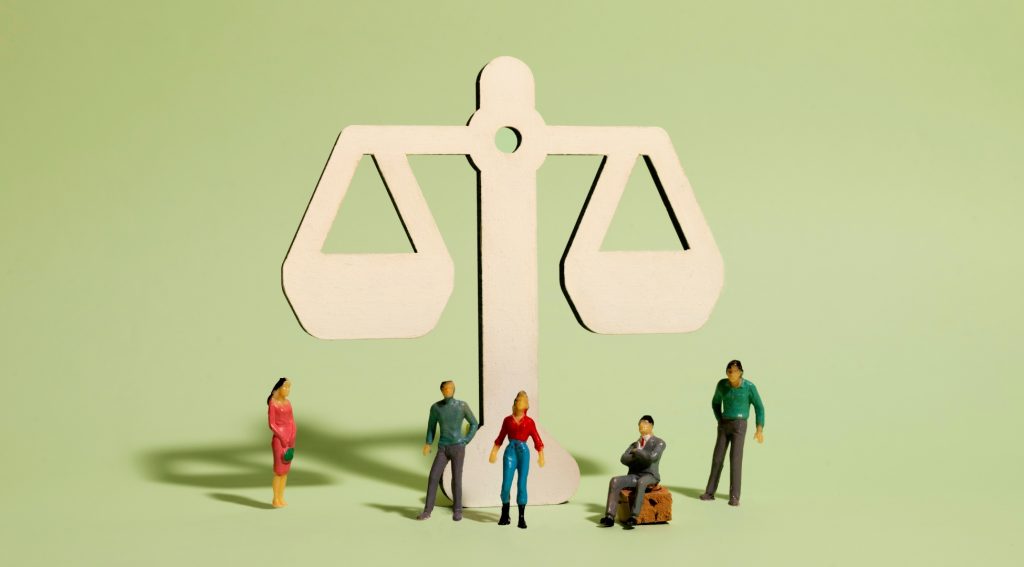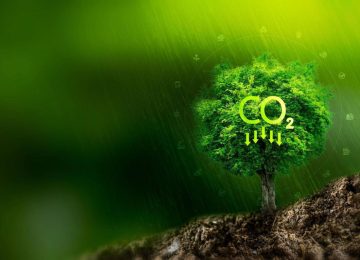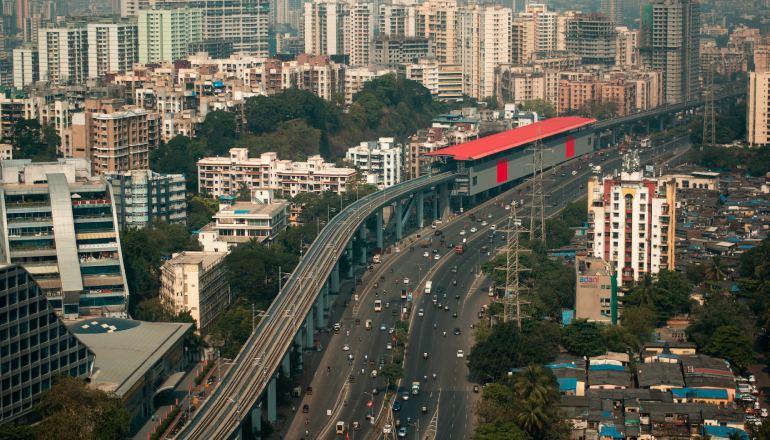A significant increase in lawsuits alleging human rights abuses has emerged, linked to renewable energy projects. This is an unexpected and complex challenge as the world accelerates its shift away from fossil fuels toward cleaner, renewable energy sources.
According to new research by the Business and Human Rights Resource Centre (BHRRC), this “growing wave” of legal challenges signals that neglecting community rights and social justice issues could seriously impede the urgently needed global clean energy transition.
Since 2009, at least 95 legal cases have been filed worldwide claiming human rights violations associated with renewable energy initiatives. Rather than opposing the energy shift itself, many plaintiffs—often Indigenous peoples, local communities, and workers directly impacted by these projects—seek to ensure that the transition proceeds in a way that respects their rights and livelihoods.
Elodie Abe, senior lead researcher at BHRRC, warned “Our data paints a troubling picture: if companies and investors don’t urgently address disregard for the human rights in the renewable energy value chain, we are likely to see a derailing of the much-needed clean energy transition. Human rights are not a barrier to progress; they are a precondition for it.”
Key Findings
The BHRRC’s recent report highlights several critical patterns:
Legal cases are concentrated in transition mineral mining: About 71% of lawsuits target companies extracting eight so-called “transition minerals,” including lithium, cobalt, and nickel, which are vital for lithium-ion batteries, electric vehicles (EVs), and other renewable technologies.
Renewable energy project litigation also significant: The remainder (29%) involves wind farms, hydropower dams, and solar installations — specifically 14% wind, 12% hydropower, and 4% solar projects.
Surge in litigation since 2018: Approximately 77% of all cases were filed over the past seven years, paralleling the rapid global expansion of renewable infrastructure and mining activities.
Regional focal points: More than half of all litigation (53%) arises in Latin America and the Caribbean, with 76% of these tied to mineral extraction. Other regions include North America (16%), Africa (11%), Europe (9%), Asia (8%), and Australia/Oceania (3%).
Nature of Human Rights Claims
The lawsuits raise diverse concerns, centering on both environmental and social impacts:
Environmental abuses: Approximately 70% of cases assert environmental harm, with water pollution accounting for over half (56%) of these claims. Mining often leads to contamination of rivers and groundwater, threatening local ecosystems and community health.
Protection of Indigenous rights: Indigenous peoples filed nearly half of all suits, highlighting violations of sacred lands, customary land rights, and the critical principle of “free, prior and informed consent” (FPIC), which demands that projects secure Indigenous consent before proceeding.
Livelihood threats: Almost half the cases (48%) allege violations of the right to livelihood, including food security and control over natural resources critical to survival.
Consultation failures: More than half (53%) of all claims emphasize inadequate community engagement and consultation during project planning and execution.
Legal Actions and Industry Implications
While many lawsuits seek to temporarily or permanently halt projects (about 65%), the BHRRC makes clear these legal efforts are less about stopping renewable energy development outright and more about shaping a just and equitable energy transition where human rights are integrated at every stage.
These findings add to an observable global uptick in environmental and climate litigation. For instance, a report from Oil Change International and Zero Carbon Analytics noted that climate lawsuits against major fossil fuel producers have nearly tripled since the 2015 Paris Agreement—a trend mirrored in renewable energy disputes.












